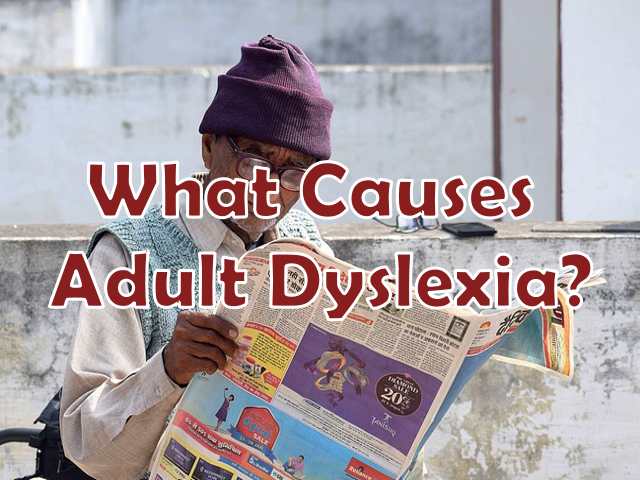Dyslexia, characterized by challenges in processing information, poses hurdles in short-term memory and visual coordination. This innate difficulty can range from mild spelling issues to severe literacy problems, making each case unique.
Unravel the intricacies of adult dyslexia, from its elusive nature to symptoms and potential causes.
Table of contents
1. The Elusive Nature of Adult Dyslexia
Adults with dyslexia often go undiagnosed, either unaware of their condition or attempting to conceal it. Simple tasks become arduous, leading to frustration and anxiety. The wide spectrum of difficulties includes reading, writing, spelling, numeric comprehension, personal organization, and time management, creating a unique landscape for each individual.
2. Seeking the Root: What Causes Adult Dyslexia?
Research into the origins of dyslexia has proven challenging. Neurological studies hint at abnormalities in the left side of the brain, responsible for speech functions. Cognitive research emphasizes problems in phonological awareness, raising speculation about specific brain areas. While causes vary, a conclusive factor remains—an abnormality in the brain disrupts correct speech pattern recognition.
3. The Diversity of Dyslexia
Estimates of dyslexia prevalence fluctuate from 4-10% of the population, with males being four times more likely to be affected than females. Accurate statistics are elusive due to underreporting, as individuals often hesitate to acknowledge their dyslexic challenges.
4. Symptoms
Dyslexia manifests in diverse ways, and individuals may experience a subset of symptoms, including:
- Discrepancy in academic achievement versus practical problem-solving and verbal skills.
- Extended time required for reading.
- Omission of word endings in reading and spelling.
- Poor presentation in written work, such as spelling and punctuation errors.
- Reluctance or difficulty in writing.
- Confusion in understanding and delivering verbal messages.
- Challenges in note-taking.
- Difficulty following spoken instructions.
- Reversals of figures or letters, or omitting words.
- Troubles with time management and mental math.
5. Recognizing the Signs: When to Seek Help
If you identify with multiple symptoms, consider consulting your doctor for a potential diagnosis. Adult dyslexia can impact various aspects of life, and early recognition is crucial for effective management.
6. Conclusion
Understanding adult dyslexia is the first step toward empowerment. By unraveling its complexities, we pave the way for early identification, intervention, and support. If you suspect dyslexia’s presence in your life or the life of someone you know, seeking professional guidance opens doors to tailored solutions, fostering a path towards literacy and comprehension.

